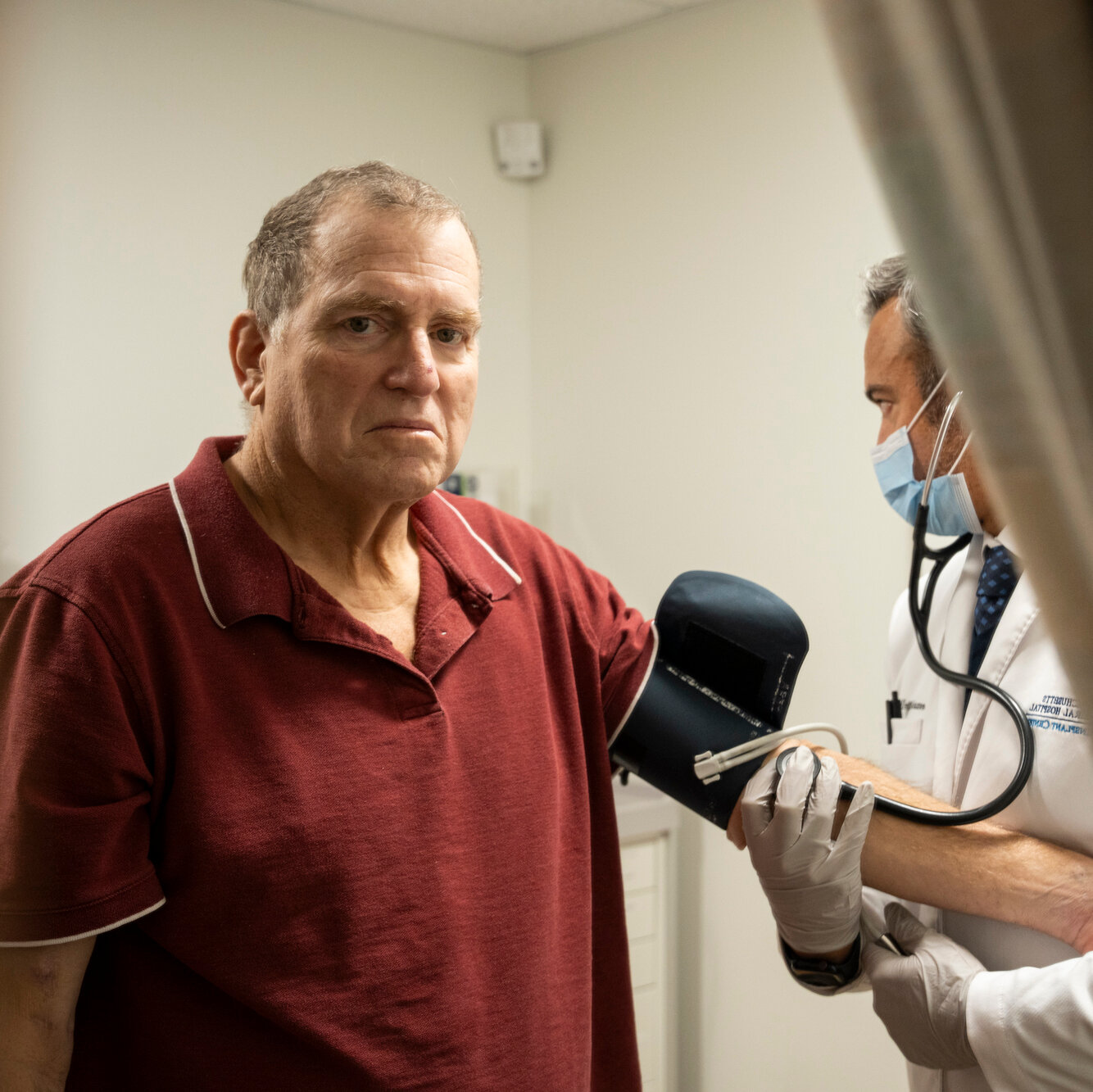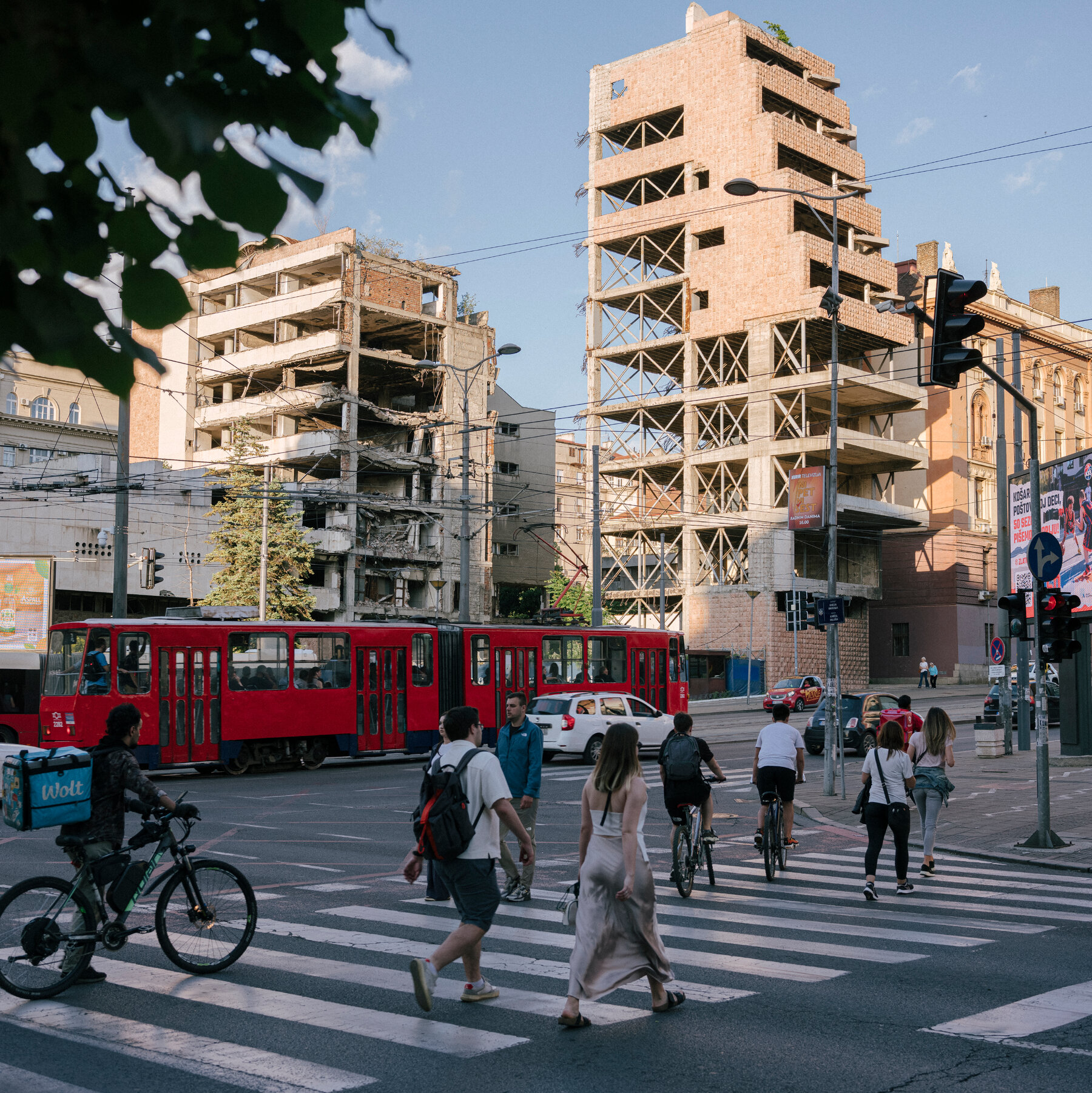Women Reveal the Nightmares They Endured in Assad’s Prisons
Background: A System of Collective Punishment
Since the outbreak of the Syrian civil war, the regime of President Bashar al‑Assad has systematically targeted not only fighters but also their families. Wives, mothers, sisters and even children have been arrested, detained, and tortured as a means of exerting pressure on opposition fighters.
First‑hand Accounts of the Detention Camps
“It felt like the walls were closing in on my soul,” recalled Rania*, a 32‑year‑old mother of two, who spent 14 months in the notorious al‑Quds prison. She described being forced to stand for hours in a cramped cell while guards shouted threats in Arabic and Kurdish.
Another survivor, Samira*, a 27‑year‑old teacher, recounted the moment her teenage son was taken away from her. “They said he would be released only if I signed a confession I never made. I refused, and they beat me until I could barely breathe.”
Many women reported that the regime used sexual violence as a weapon of terror. “They stripped me of my dignity,” said Lina*, who was transferred between three different detention centers. “The guards would threaten my children, saying they would be taken away if I didn’t comply.”
Psychological Torture and Its Aftermath
The trauma extends far beyond the physical abuse. Survivors describe constant psychological intimidation: forced “confessions,” mock executions, and the relentless sound of screams echoing through concrete corridors. “Even after I left the prison, I still hear the doors slam in my dreams,” said Fatima*, now living in exile in Turkey.
Medical examinations conducted by humanitarian organizations have confirmed a high incidence of PTSD, severe depression, and chronic health problems among former female detainees. The lack of proper mental‑health support in refugee camps exacerbates their suffering.
Why These Voices Matter
For years, the international community has struggled to document the full scope of human‑rights violations in Syria. The testimonies of women who survived the regime’s prisons provide crucial evidence of systematic abuse and help counter the narrative that only combatants suffer.
“Our stories are not just personal tragedies; they are proof of a policy of collective punishment,” says Amira*, a human‑rights lawyer working with the Syrian Observatory for Human Rights. Their courage in speaking out aims to hold perpetrators accountable and to ensure that future generations will know the truth.
Looking Forward
Advocates call for increased pressure on the Assad regime to allow independent investigations and for the establishment of a special tribunal to prosecute those responsible for gender‑based crimes in Syrian prisons. Meanwhile, NGOs are urging donor countries to fund psychosocial programs tailored to the needs of female survivors.
As more women step forward, their testimonies illuminate the hidden horrors of Assad’s detention system and reinforce the urgent demand for justice and lasting peace in Syria.





